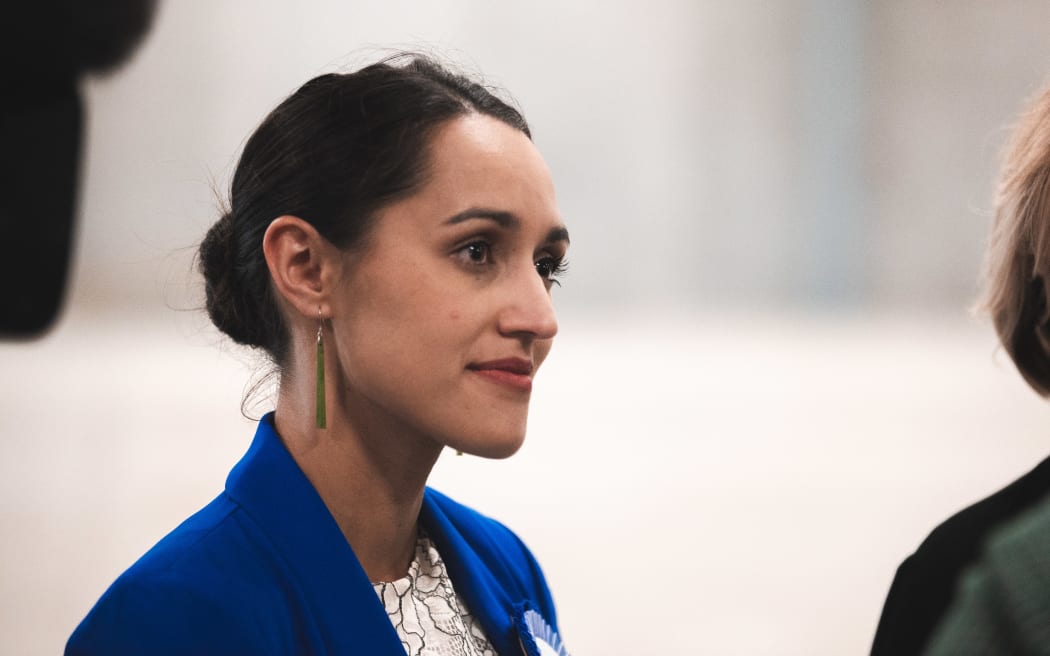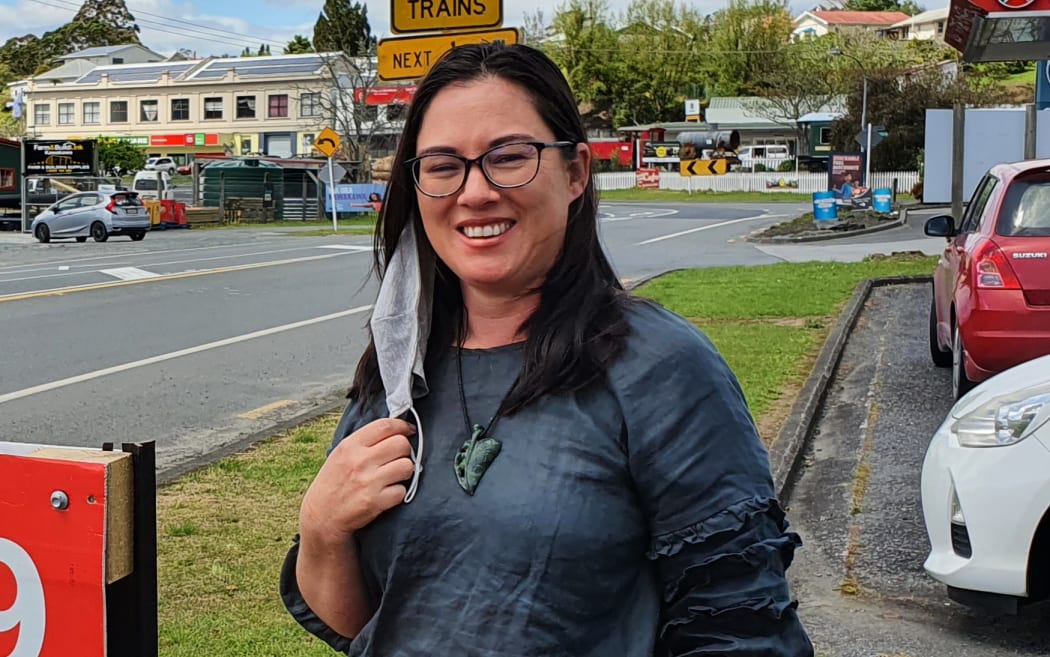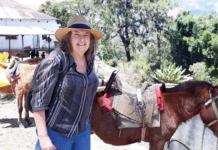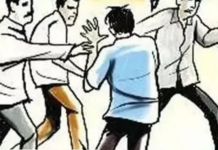By Leah Tebbutt, RNZ News reporter
A number of Māori wāhine have put their hat in the ring to become mayor at this year’s Aotearoa New Zealand local body election across the motu in October.
Georgina Beyer is believed to be the first and only Māori woman ever elected as mayor in New Zealand’s history when she became mayor of Carterton in 1995.
Arama Ngāpō had been a councillor for six years before putting her hand up for mayor of South Waikato this election.
Ngāpō said she was confident things would be different after the vote.
“The face of democracy at a local government level is going to change after this October election.”
Diversity was the best representation of a community, Ngāpō said.
However, it was often not seen at a governance level, she said.
‘Indicative of where we stand’
“I don’t think this country has ever seen such a high proportion of Māori people stand but that really is just indicative of where we stand in society.”
No one should look at council and wonder whether they belong there, she said.
But as a practising lawyer, she had experienced that feeling before, she said.
“I guess I am used to being in places that aren’t traditionally comfortable, but we most definitely belong there.”

Tania Tapsell (Te Rarawa, Ngāti Whakaue) is standing for mayor of Rotorua for the first time.
She received more votes as a councillor than the elected mayor, Steve Chadwick, in the two previous elections.
Racist and ageist backlash only fuelled her, she said.
Facing challenging times
“It was almost a challenge where I go, ‘I’m going to prove you wrong’ and I am going to work so hard that there will be no doubt that … Rotorua, for us, or the country for others, was not better off through our involvement.”
Tapsell believed the strong number of wāhine Māori standing for mayor had crystallised from the challenging times the whole country had experienced.
“We now require a different style of leadership. A leadership that is actually connected to all parts of our community because we know only four out of 10 people actually bother to vote.
“That’s why we have had the councils that we’ve had in the past, that haven’t been focused on all areas of the community.”

In the Far North, Kelly Stratford (Ngāpuhi, Ngāti Wai, Ngāi Te Rangi) is also standing for mayor for the first time.
Strong Māori leadership was needed across the motu, Stratford said.
“Society has changed, we have the Māori Health Authority and Māori Wards.
“Some people feel like something has been taken from them and, most of all, Māori feel they are more empowered. We need diverse Māori leadership to lead in these new times of challenge.”
Alongside Stratford, Tapsell and Ngāpo, Māori wāhine are also standing for mayor in Kawerau, Ruapehu and Wellington.
Candidate nominations close at midday 12 August.
This article is republished under a community partnership agreement with RNZ.












































